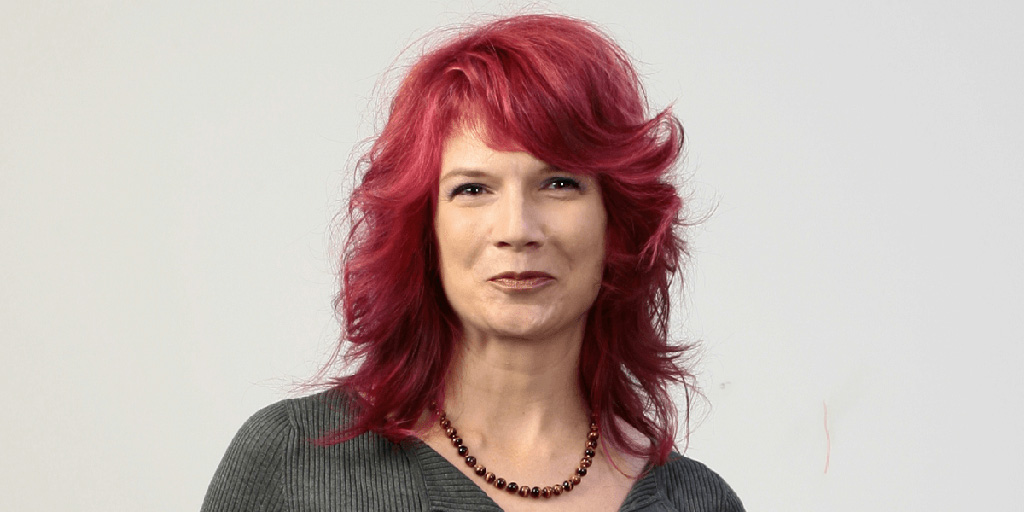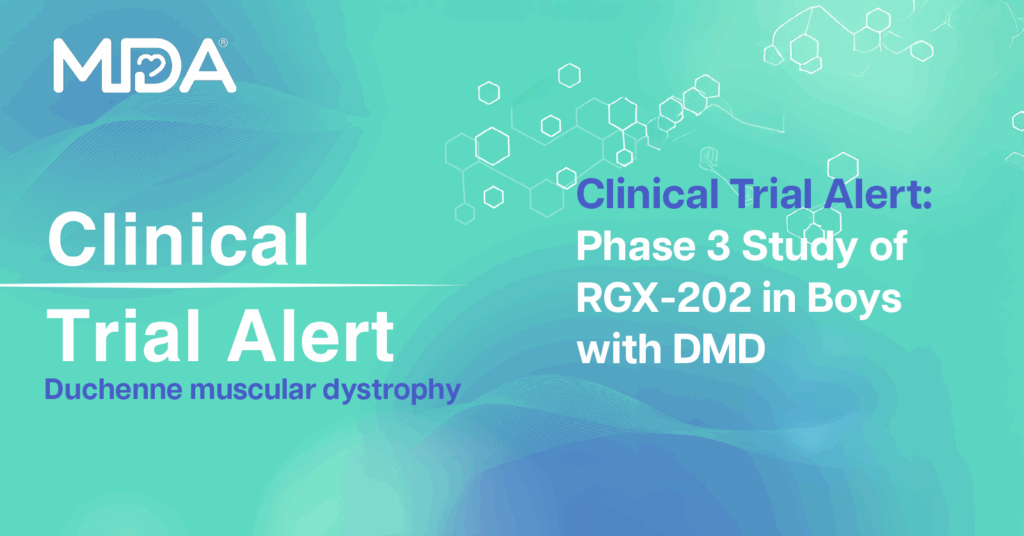
MDA Awards Venture Philanthropy Funding to Rachelle Crosbie to Develop a Novel Membrane-Stabilizing Drug for DMD
By Jeanene Swanson | Thursday, July 18, 2019
MDA has awarded MDA Venture Philanthropy (MVP) funding totaling $389,463 over two years to Rachelle H. Crosbie, PhD, professor and chair of Integrative Biology and Physiology at the University of California, Los Angeles. The award will support the development of a small molecule drug that increases expression of sarcospan, a protein that may help to prevent the muscle damage that occurs in Duchenne muscular dystrophy (DMD). Currently, there are only two FDA-approved therapies to treat DMD.
MVP is MDA’s drug development program, which is exclusively focused on funding the discovery and clinical application of treatments and cures for neuromuscular disorders. MVP evaluates and makes targeted investments in companies and academics developing therapeutics.
“Dr. Crosbie’s team has identified sarcospan as a promising new drug target for Duchenne,” says MDA President and CEO Lynn O’Connor Vos. “MDA is pleased to continue to support this successful line of research as her team now initiates a program to develop a novel therapy.”
Sarcospan as therapeutic target
DMD is a genetic neuromuscular disease caused by mutations in the gene that makes dystrophin, a protein that is critical for maintaining the structural integrity of skeletal and cardiac muscle cells. When dystrophin is absent, muscle cells are much more susceptible to becoming damaged during use. Following repeated bouts of cellular damage, dystrophic muscle will eventually begin to degenerate and a person’s function will progressively decline.
As a postdoctoral fellow with Kevin P. Campbell, PhD, at the Howard Hughes Medical Institute and the University of Iowa Carver College of Medicine, Dr. Crosbie identified a protein called sarcospan that may improve the structural integrity of dystrophic muscle in DMD. This initial discovery was funded by the Robert G. Sampson Neuromuscular Disease Research Award for postdoctoral training from MDA.
Sarcospan is naturally present in muscle, but Dr. Crosbie’s laboratory showed that increasing its amount can convey a protective effect on skeletal and cardiac muscle in mice with muscular dystrophy. Her team has recently identified a set of small molecules that increase the levels of sarcospan, and with support from the MVP award, she will chemically optimize these lead compounds and test them in DMD mice and DMD human cells. Cynthia Shu, the graduate student in Dr. Crosbie’s lab who performed the high-throughput screen to identify the sarcospan-enhancing compounds, was motivated to pursue the project after her family was personally affected by muscular dystrophy. If successful, this work may lead to the development of a novel drug that could slow the loss of function in limb muscles, respiratory muscles, and heart.
“We hope to identify a pre-clinical candidate that will treat DMD by boosting sarcospan levels,” Dr. Crosbie says. “We also want to learn more about how our lead compounds target sarcospan in muscle cells so we can design better, more effective drugs.”
MDA funding helps lead to discovery
“The MDA has supported our research on sarcospan for over two decades, starting with my postdoctoral fellowship in 1996,” Dr. Crosbie says. “It has been a long road of basic science research to establish sarcospan as a target for DMD, and the MDA has been instrumental during this journey. It is exciting to be at this stage of developing drugs that enhance sarcospan.”
In addition to the fellowship award in 1996 and the current MVP award, in the intervening time MDA awarded Dr. Crosbie several grants, two of which totaled $600,000, to evaluate sarcospan as a potential drug target for Duchenne and other muscular dystrophies. As part of that work, Dr. Crosbie showed that increasing the level of sarcospan in dystrophic mice protects the skeletal and heart muscle from damage and increases the abundance of other membrane-stabilizing proteins, including integrin and utrophin.
Recently, her lab screened 200,000 different drugs to find the specific drugs that increase sarcospan in muscle cells. Her current work will further develop and optimize the lead compounds for treatment of DMD.
“At the moment, our primary goal is to create a treatment for DMD,” Dr. Crosbie says. “However, this research may benefit other neuromuscular diseases because sarcospan appears to have a protective effect in muscle.”
Disclaimer: No content on this site should ever be used as a substitute for direct medical advice from your doctor or other qualified clinician.




